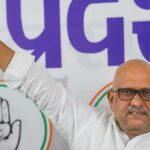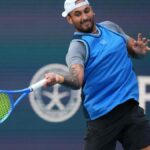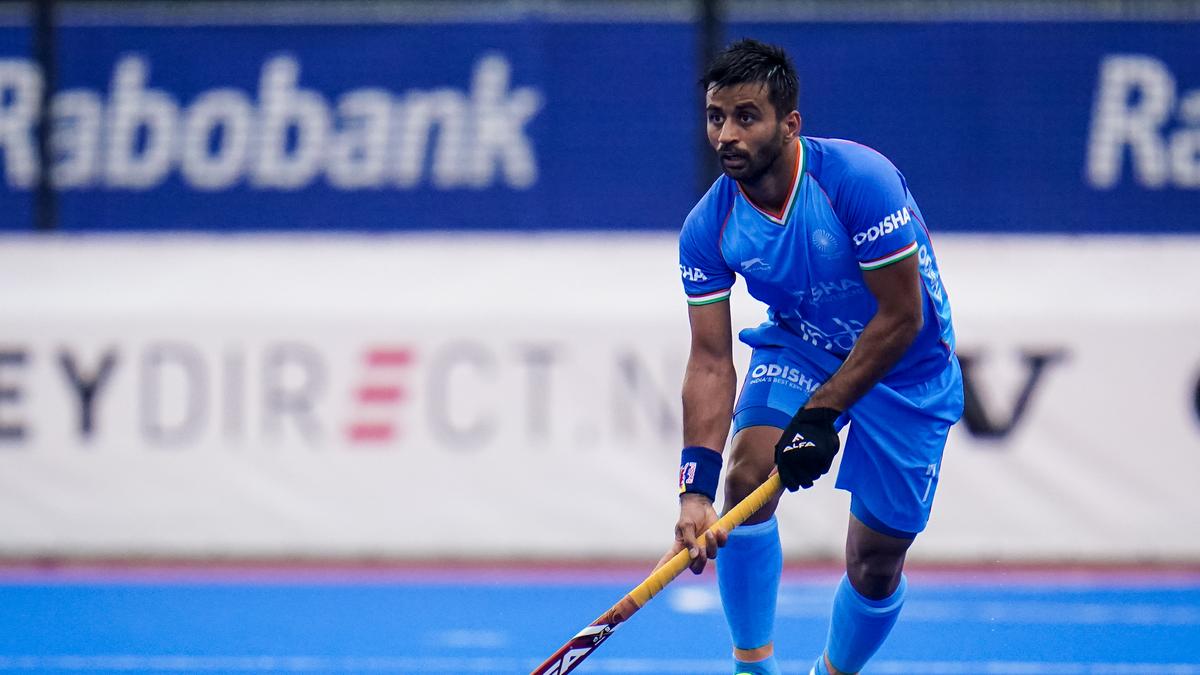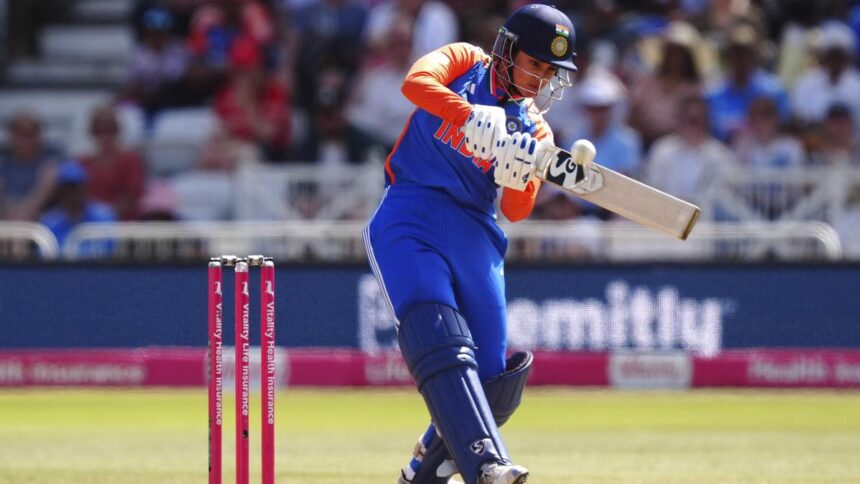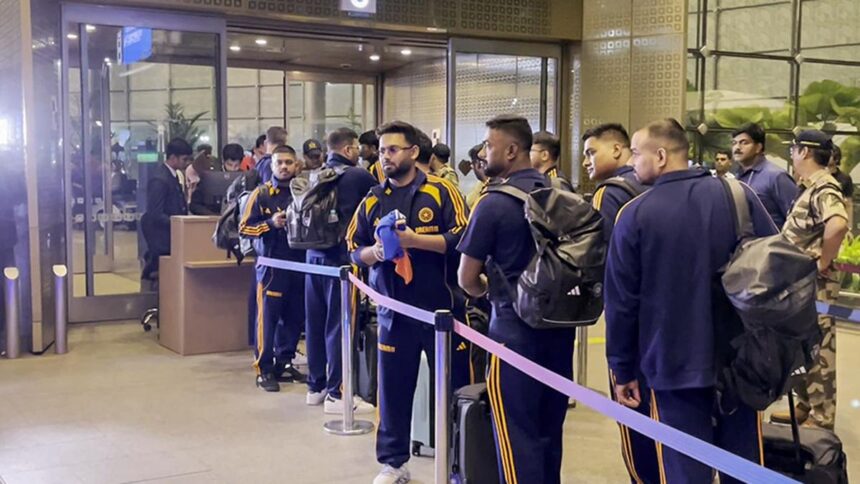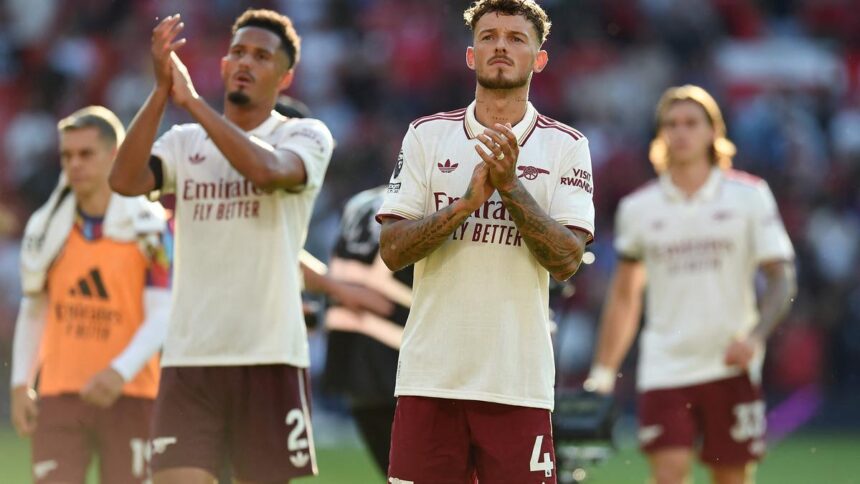When Manpreet Singh first came into the Indian team, he was only 19. The baby of the side, a prankster and yet, a leader. The leadership was first seen when he was named captain for the Under-18 Asia Cup in 2008 and then the 2013 Junior World Cup, by which time he was already an Olympian.
Now the team’s senior-most player at 33, Manpreet has been setting new benchmarks, topping the charts even in a side that takes visible pride in its fitness standards. His regular updates on social media, showcasing an eight-pack, are as impressive as his journey from a spiky haired, tattoo-flaunting teenager to the suave father of two.
Loving every minute
And he is in no mood to slow down. “It’s been 14 years — starting with the Asian Champions Trophy in 2011, through four Olympics and three World Cups, Asian Games and Commonwealth Games each. It’s been a long journey, but I have loved every minute,” he tells The Hindu in an exclusive interaction ahead of the all-important Asia Cup.
“I am now targeting the Asian Games next year. My fitness is good, I’m playing well. I know exactly what my level is after every match. So the major events are the Asia Cup, World Cup and Asian Games. These are the three in which I want to give my 100%,” he insists.
ALSO READ | Poor Pro League campaign a wake-up call for India: Sreejesh
It has been a long journey for the kid from Mithapur village and he looks back at it often. “When I went to the inaugural ACT, it was a dream come true, wearing the national colours for the first time. After that, playing for the country at the 2012 Olympics was a big thing. Every sportsperson dreams of the Olympics; only a few get the chance. But a kid’s dream was broken because we came 12th in London. But it also told us how far ahead world hockey was.
“I think that was the beginning of the revival of the team, everyone wanting to improve. After that, we won the 2014 Asian Games, got a silver in the Commonwealth Games. It has been a good journey. Lots of ups and downs, won silver twice in the Champions Trophy. So it has been like a roller coaster,” he reminisces.
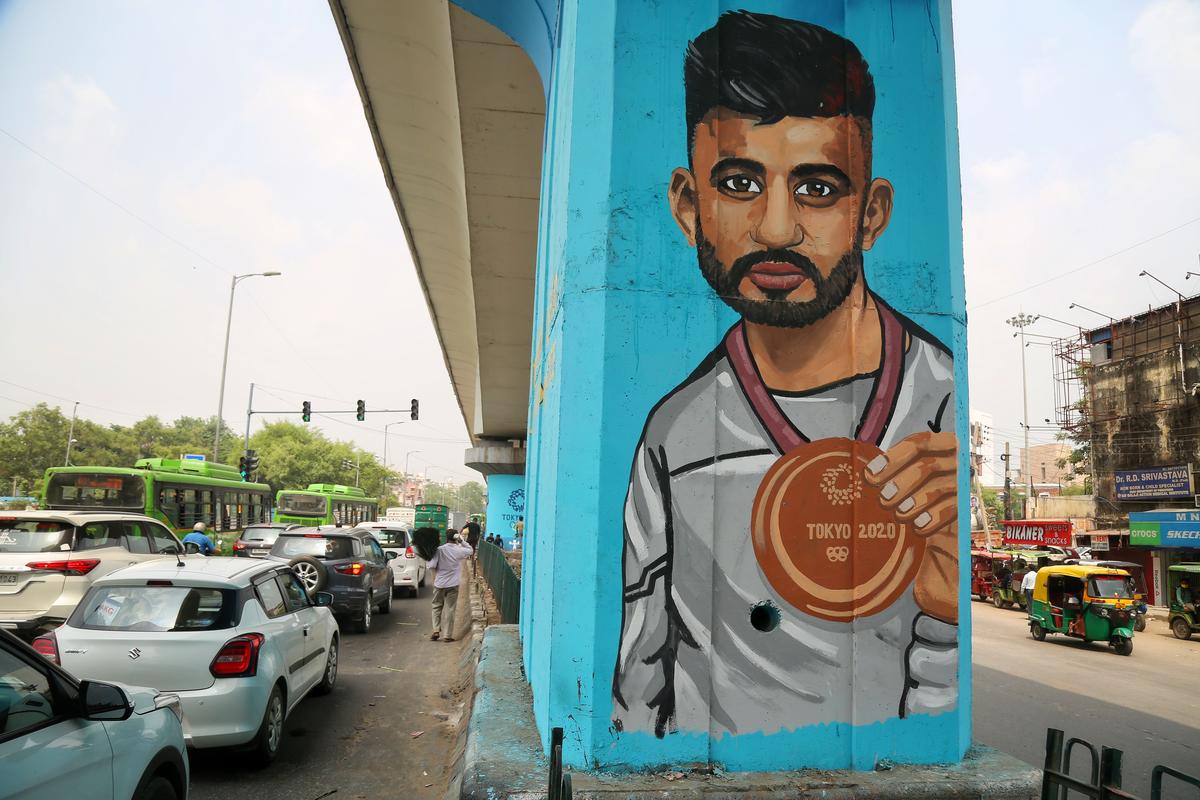
Cultural impact: Helping India end its long wait for an Olympic hockey medal enhanced Manpreet’s legacy. ‘When we came back from Tokyo, we realised we had achieved something,’ he says.
| Photo Credit:
Getty Images
The ups and downs are reflected on the field as well. As a centre-half, Manpreet always knew his was a position that could make or break the team’s chances and yet the performances would often slip under the radar. Over the years, though, he has not just become the quintessential modern-day all-rounder but also forced the spotlight on himself by his sheer presence.
Coach Harendra Singh termed him ‘aalu’ (potato) — able to fit in anywhere, do anything, raising the levels every time. His ability to switch flanks in a blink, race the length of the field in a blur to assist the attack or the defence, outwit the opposition with feints and sidestep rivals with an outstretched stick ensured that, every time the team was stuck in a no-space situation, it could rely on Manpreet to break through.
ALSO READ | Pakistan hockey body tells FIH it is not willing to send team to India for Asia Cup
The icing was the Tokyo Olympics bronze, with Manpreet wearing the captain’s armband. “When it finally happened, it felt special. It had been a long wait, none of us had actually ever seen an Olympic hockey medal. And when we came back, we realised we had achieved something. We were getting so much love, people were beginning to follow Indian hockey again.
“The armband is just a token, I can’t do anything alone. Yes, on the field, I can motivate someone if they make a mistake. But everyone has to take their own responsibility. Being stuck together during Covid helped. We spoke about how much we have sacrificed. Some players had lost their parents, who dreamt of their son at the Olympics. In hockey, no one comes from a comfortable background, it’s a struggle for everyone.”
Learning from the best
He credits his captaincy lessons to learning from some of the best in the business. “During the earlier Hockey India League, I played with England’s Barry Middleton and Ashley Jackson and my idol, Germany’s Moritz Furste. All legendary players, captains of their national sides. [I learnt] how to be during a match. Even when I played badly, he [Furste] would tell me I was a very good player, I should not think about the past, only the future.
“In the Indian team, there were seniors like Sardara Singh and Sreejesh, both having been captain before me. I learned a lot from them on how to lead, motivate players, step up under pressure. Seniors like Tushar Khandker, who was my roommate, helped me learn from mistakes. It made things easier,” he says.
The success, however, also brought into focus his longevity, leading to questions about his replacement. This, despite the fact that Manpreet continues to be among the fittest in world hockey. Post-Tokyo, he lost the captaincy, but it only freed him up as a player. Manpreet 2.0 has been a revelation, taking his game higher than anyone could have expected.
He admits it is difficult to completely shut out the noise around his age and is aware that he is forever on trial. And, with the retirement of Sreejesh after the Paris Olympics, he knows he is the next under the lens, despite becoming only the second Indian ever to reach the magic number of 400 international appearances during the recent Pro League in Europe.
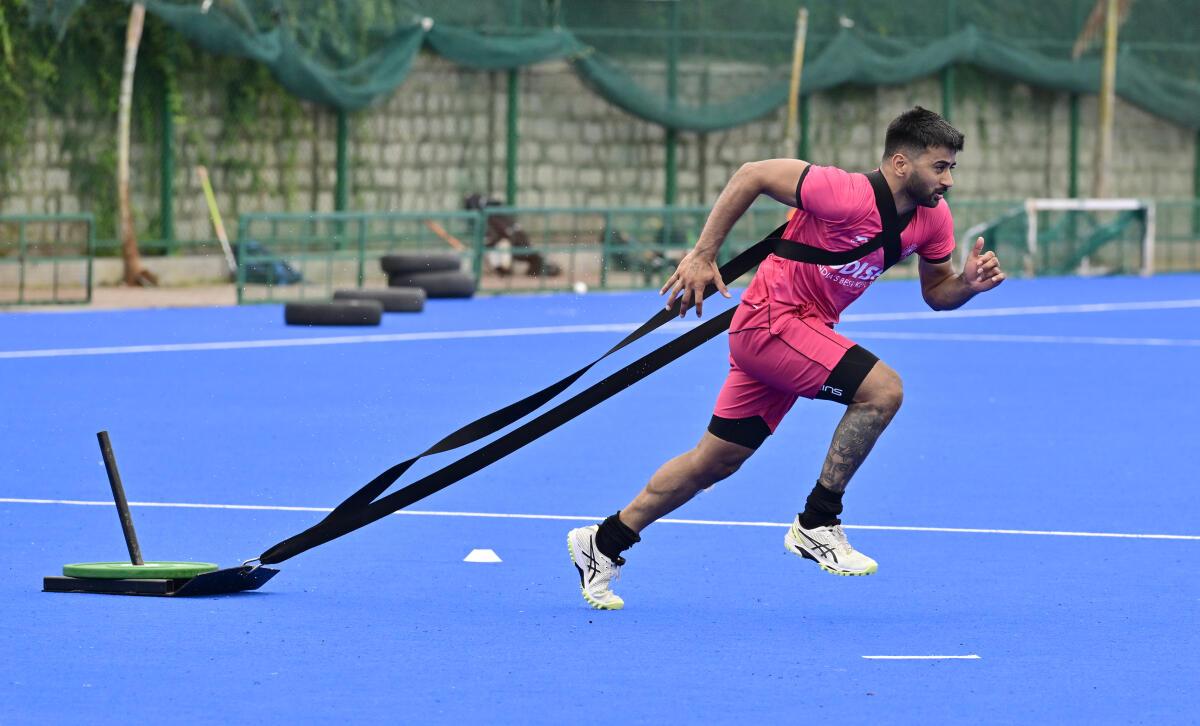
Peak shape: Manpreet, at 33, tops fitness charts in a side that takes pride in its standards. ‘I should not give anyone a chance to question my presence,’ he says.
| Photo Credit:
MURALI KUMAR K
“It happened before the Hockey India League, the Pro League but I proved them wrong. I worked on my fitness, knowing I should not give anyone a chance to question my presence. It should be visible when Manpreet is playing that he is assisting, running, giving 100%. But yes, it is not easy to completely ignore all talk. These things do affect you. But I believe if I am good enough to compete with the young players, and until I am doing well, I will continue.
“I am 33 but there are a lot of good players older than me in world sports. Ronaldo is 40, Messi is 38. But the moment I feel I am struggling, I will quit, I won’t give anyone a chance to kick me out,” he declares.
ALSO READ | Vece Paes, Olympic hockey medallist and father of Leander Paes, passes away
An incredible fifth?
If he continues in the same vein, it is not impossible to imagine Manpreet, at 36, playing in an incredible fifth Olympics. But the man himself isn’t looking that far ahead. “LA28 is three years away, we don’t know what’s going to happen in these three years. Next year, yes. Not beyond that,” he says, smiling.
And then? “I will spend some time with my family. It is difficult staying away for so long. My wife, Illi, understands my first priority is hockey. Even after my second daughter Avelyn was born, she told me to focus on the game. My elder daughter Jasmine cries every time I have to leave home. But when she says I am proud of you, that pushes me to do better. When I gave her the medal in Paris, it was like fulfilling a dream. It’s okay. I’m making sacrifices now, but in the long run, she’ll be proud of me.”



